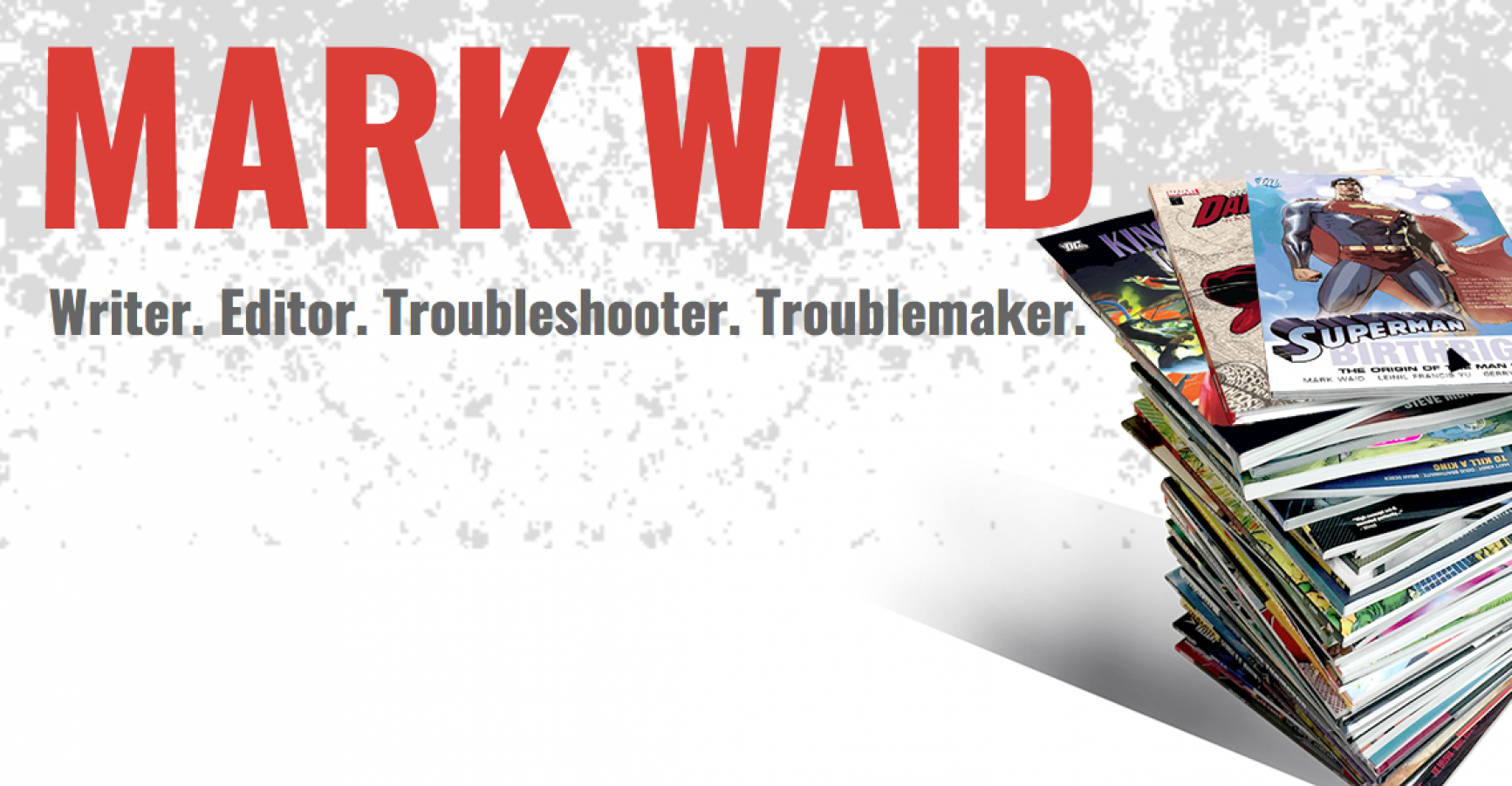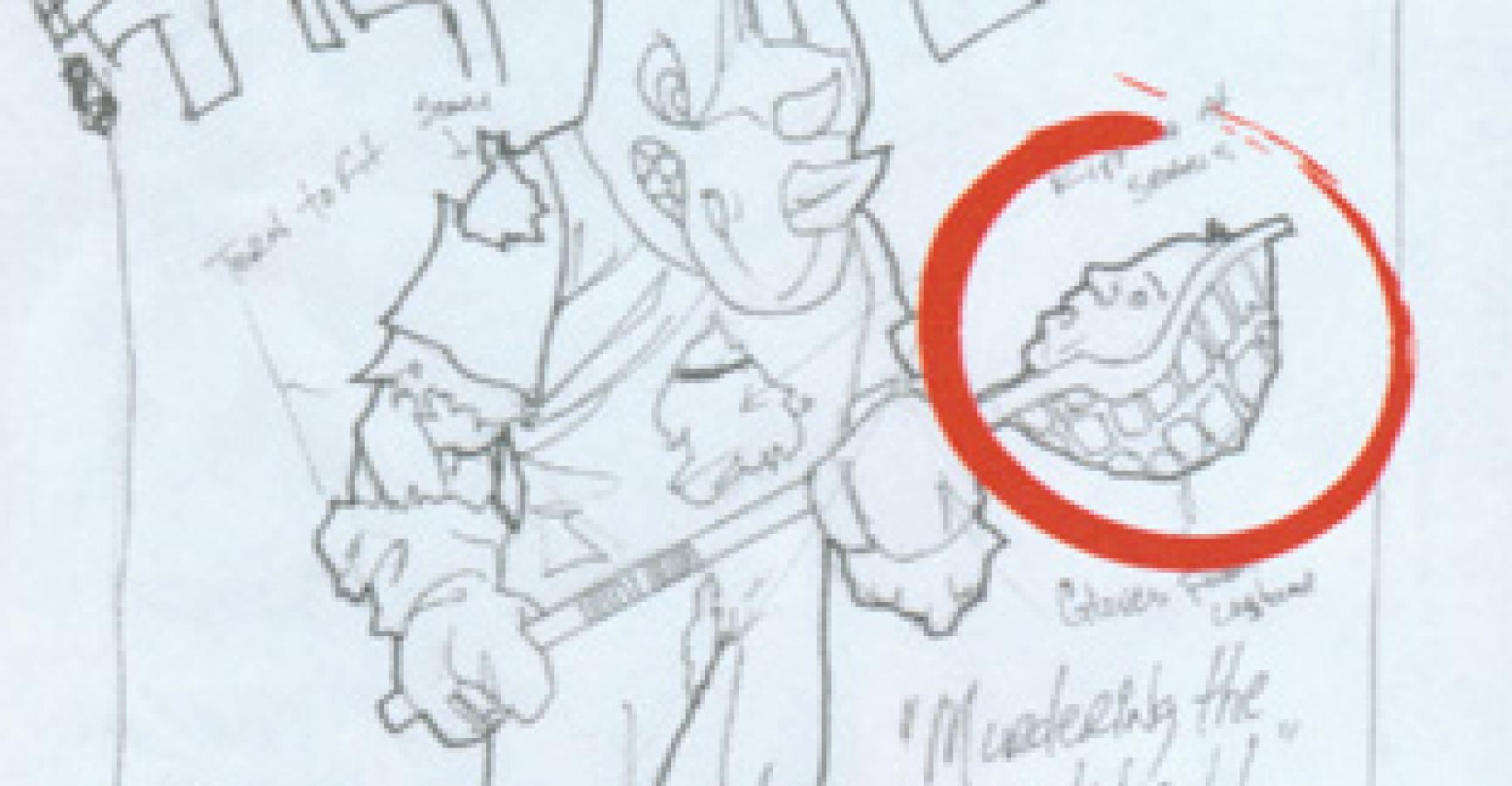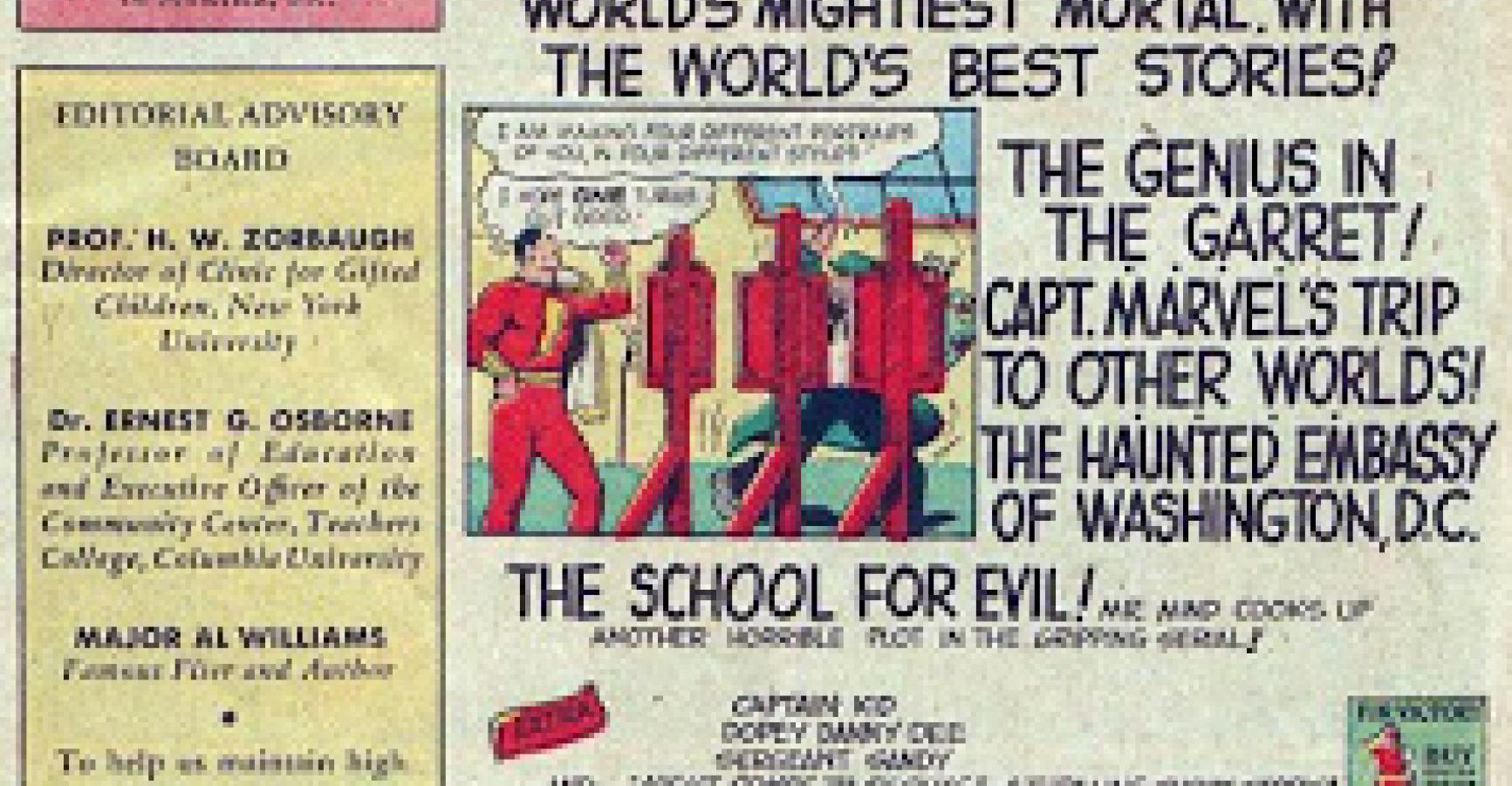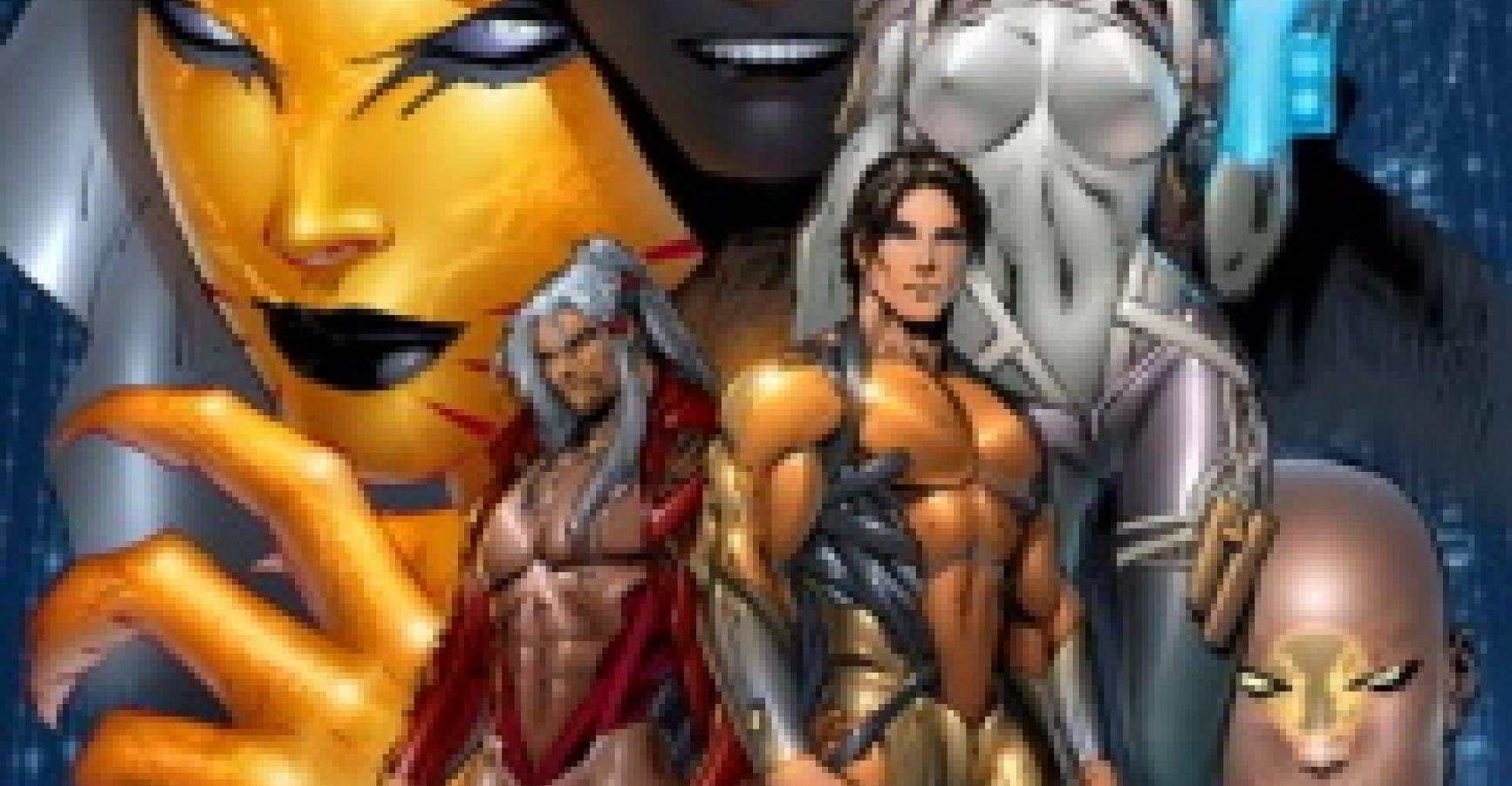Writing this one on the plane from La Guardia to LAX, so it may or not be posted by Wednesday depending upon how late the flight gets in.
In 1990, having recently departed my editorial position at DC Comics, I went to work for Archie Comics in Mamaroneck, NY as an assistant editor/proofreader/colorist/cover gag editor/researcher/monkey. And I would be lying to you if I said that I didn’t believe it, at the time, to be a step down. How had I gone from editing BATMAN: GOTHAM BY GASLIGHT to checking to make sure Betty’s hair was the right color yellow on every page of PALS & GALS? Was it only yesterday that I was helping proofread THE KILLING JOKE?
Dumb attitude. First off, the people were all terrific. Okay, the two gentlemen who owned the joint and who were practically brothers were [NOTE: OPINIONS EXPRESSED ON THIS BLOG DO NOT NECESSARILY REFLECT THE OPINIONS OF BOOM STUDIOS, JUST SAYIN’] erratic tyrants with hair-trigger tempers who would have sued an old lady out of her dentures if they’d only had the time to spare…but the managing editor, Victor Gorelick, was a patient guy who knows where more bodies are buried than most anyone else in comics, and he was always encouraging me to all the crafts involved in making comics. Most importantly, he set me up to learn a critically important lesson in storytelling.
In case you haven’t looked at an Archie comic book since about 1952, trust me, there hasn’t been much innovation. As it was for your parents’ parents, most every story remains between five and seven pages, with no more than six panels a page and generally only three on the first page (to allow room for titles and, when the Archie execs choose to run them, credits). Big, simple lettering and big, simple balloons accompanying big, simple art. This is not the format in which to attempt WATCHMEN.
I asked Victor for a shot at writing a story and, once we found a pitch he liked, he set me loose. I’d come to him with the idea that Riverdale High was searching desperately for a new assistant coach, and by far the most qualified candidate was a female basketball star who’d been confined to a wheelchair by an accident. The conflict in the story is from loudmouth Reggie, to whom it must be proved that a “girl in a wheelchair” can teach him anything about basketball. The new coach, of course, eventually gets Reggie past his “handicap,” as she puts it–his ego, which compromises the team. Hardly Dostoyevsky, but consider my target audience.
Anyway, I had six pages. About 28, 30 panels. And it took me longer to write the first half of that script than it has anything else to this day, because by the time you set up the problem (“We need a new coach!”), show how desperate the staff gets once the first few candidates prove unsatisfactory, ramp up the tension, and introduce the woman in the wheelchair, you’re already on page three. Of six.
And while the resultant solution (and lesson) is no doubt obvious to the experienced among you, it was only when I sweated my way into it that I realized one of the most fundamental rules of comics storytelling: start the story as late as possible. I didn’t need an extensive setup. I didn’t need scenes of tryouts or debates. What I needed was this:
PANEL ONE: Exterior, Principal Weatherbee’s office. Weatherbee and Coach Kleats, peeking out his door towards a group of ill-suited coaching candidates awaiting an interview, are visibly worried.
KLEATS: So, Waldo…how many of them do you think could do even one chin-up?
WEATHERBEE: Out of THESE applicants? One BETWEEN them…maybe…
PANEL TWO: Bee’s assistant sticks her head into the office.
KLEATS: I wish Coach Clayton were back from his seminar! He’d know where to find a gym coach!
ASSISTANT: Next interview, Mr. Weatherbee!
PANEL THREE: ROBIN GANTNER, an athletic woman in a wheelchair, enters the room, big smile on her face.
ASSISTANT: Her name is…
GANTNER: < /span>ROBIN GANTNER, Mr. Weatherbee! If you’re looking for a girls’ gym teacher…then I’m your woman!
I repeat: hardly Eisner Award-winning material, but efficient. I wrote a handful of additional Archie stories that year, each one easier to wrestle into submission than the last. I kept each premise increasingly simpler, started each scene as late as I could at ended it as quickly as possible. Dialogue was trimmed to the bone without losing the funny. And that training served me better than any other I’ve ever gotten. It’s easy to write long; it’s a bitch to write short. It was a terrific workshop. It would have lasted longer except one of the owners, livid, stormed into the bullpen one afternoon demanding to know who’d changed a word in a classified ad they were placing. I took the heat calmly, certain that he’d simmer down once I explained that I’d made the fix to correct a misspelling. He looked skeptical, so I cheerfully showed him the right spelling in the dictionary, ready to put his mind at ease. Instead, he screwed up his face in unbridled rage, slammed the book shut, and screamed, “THE DICTIONARY IS WRONG!” I ended the scene as quickly as I could by immediately turning in my keys and peeling out of the parking lot, never to return. It was a memorable ending. Not a beat was wasted.
[Edited to fix a typo that put Mamaroneck in NJ and not NY. Apologies to both states.]



